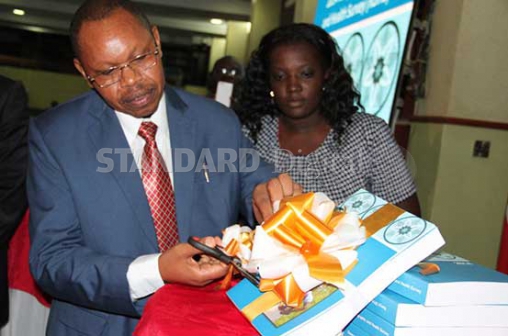×
The Standard e-Paper
Fearless, Trusted News

Men from Western, Nairobi and Nyanza region are the most henpecked in the country, a survey has shown.
The survey, which is set to challenge perceptions that men from Central experience the highest abuse by their spouses, now suggests that more than half of male respondents from Western, Nairobi and Nyanza have experienced physical, sexual or emotional abuse from their wives.